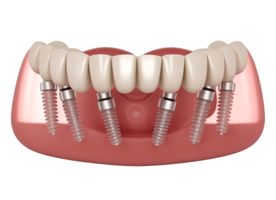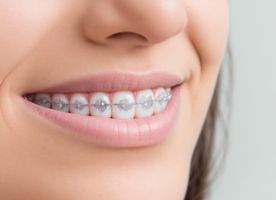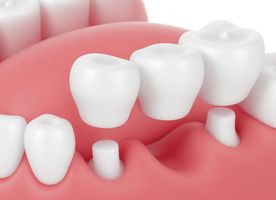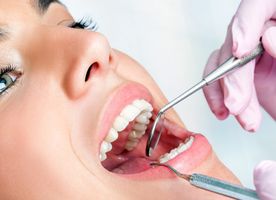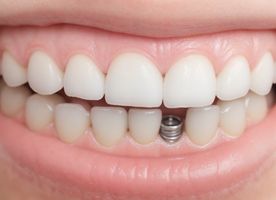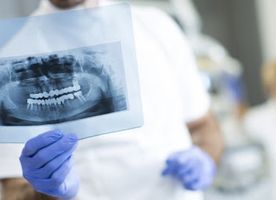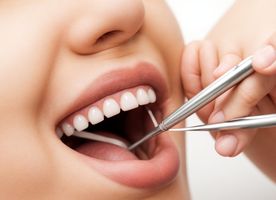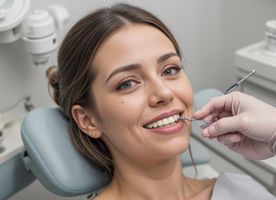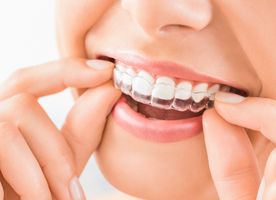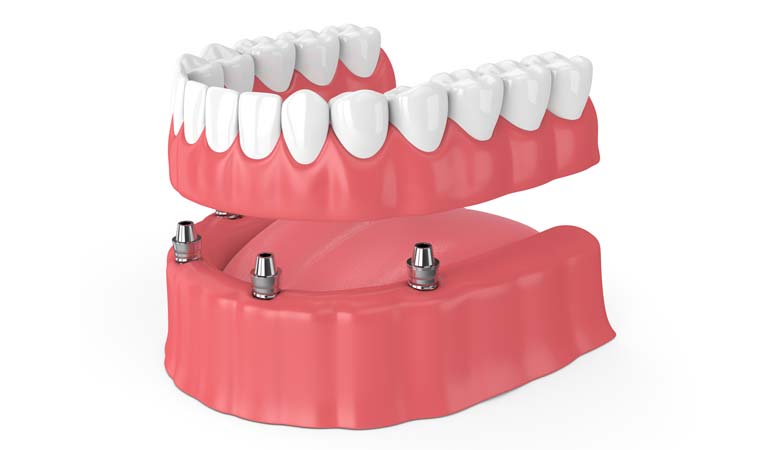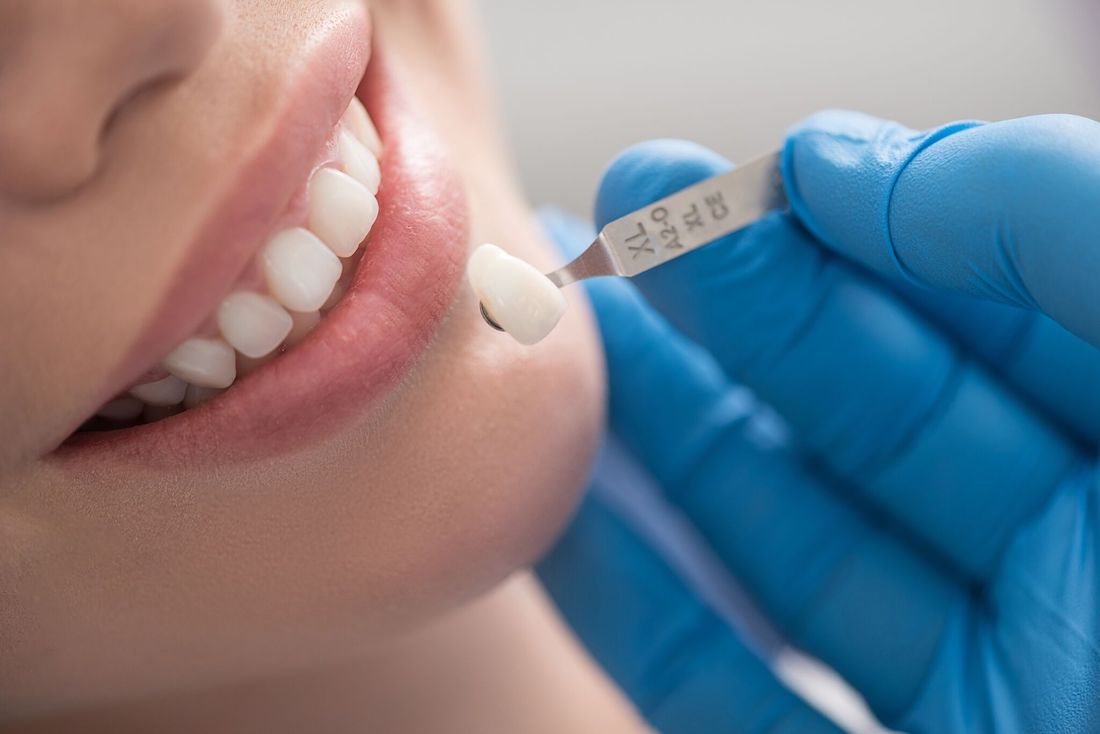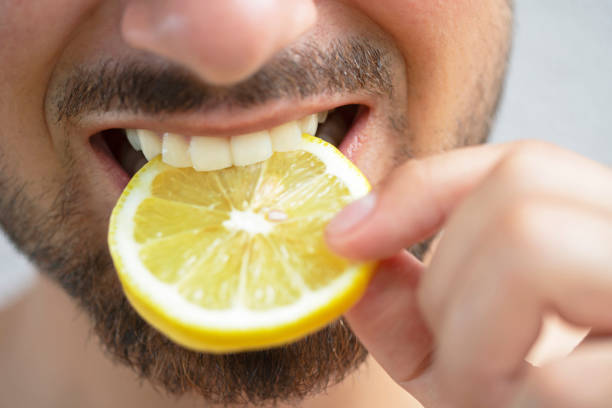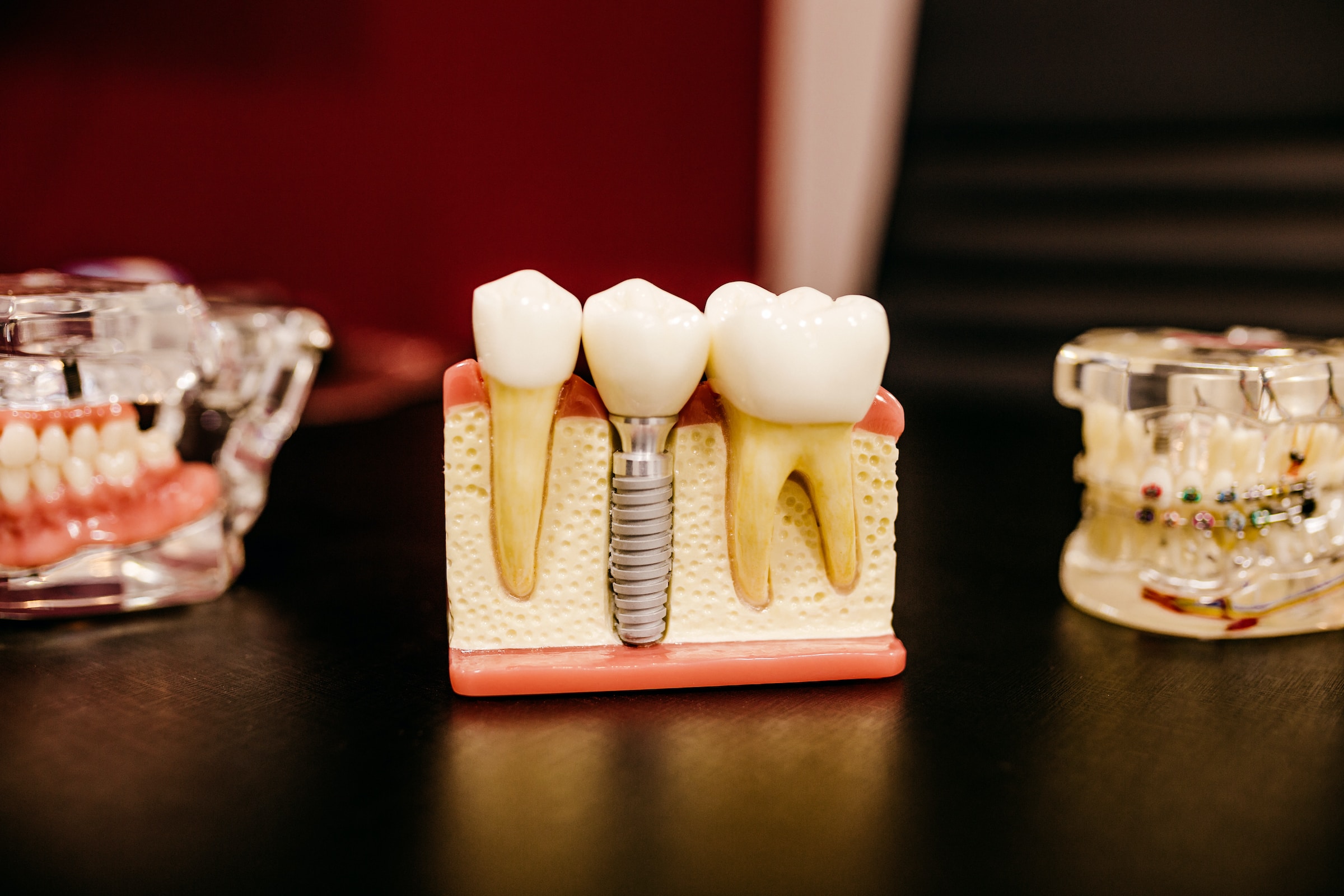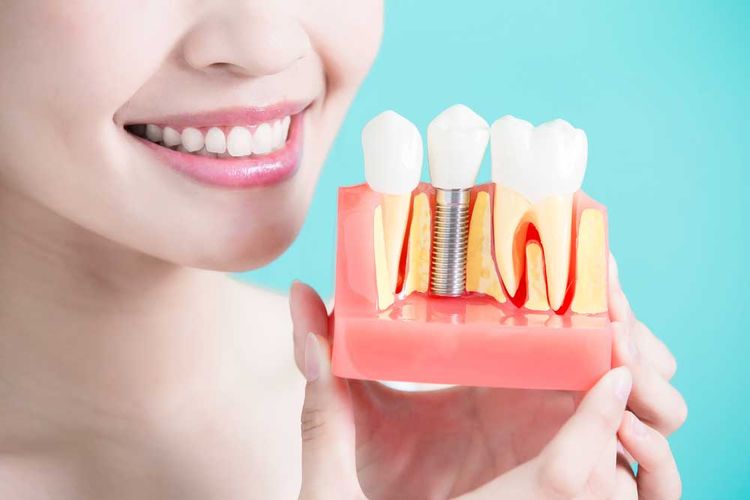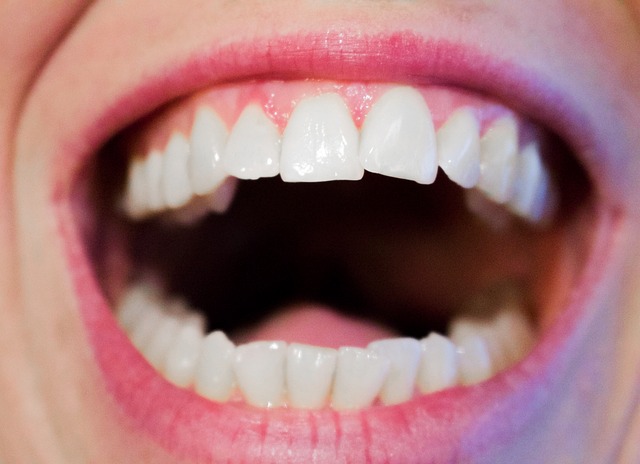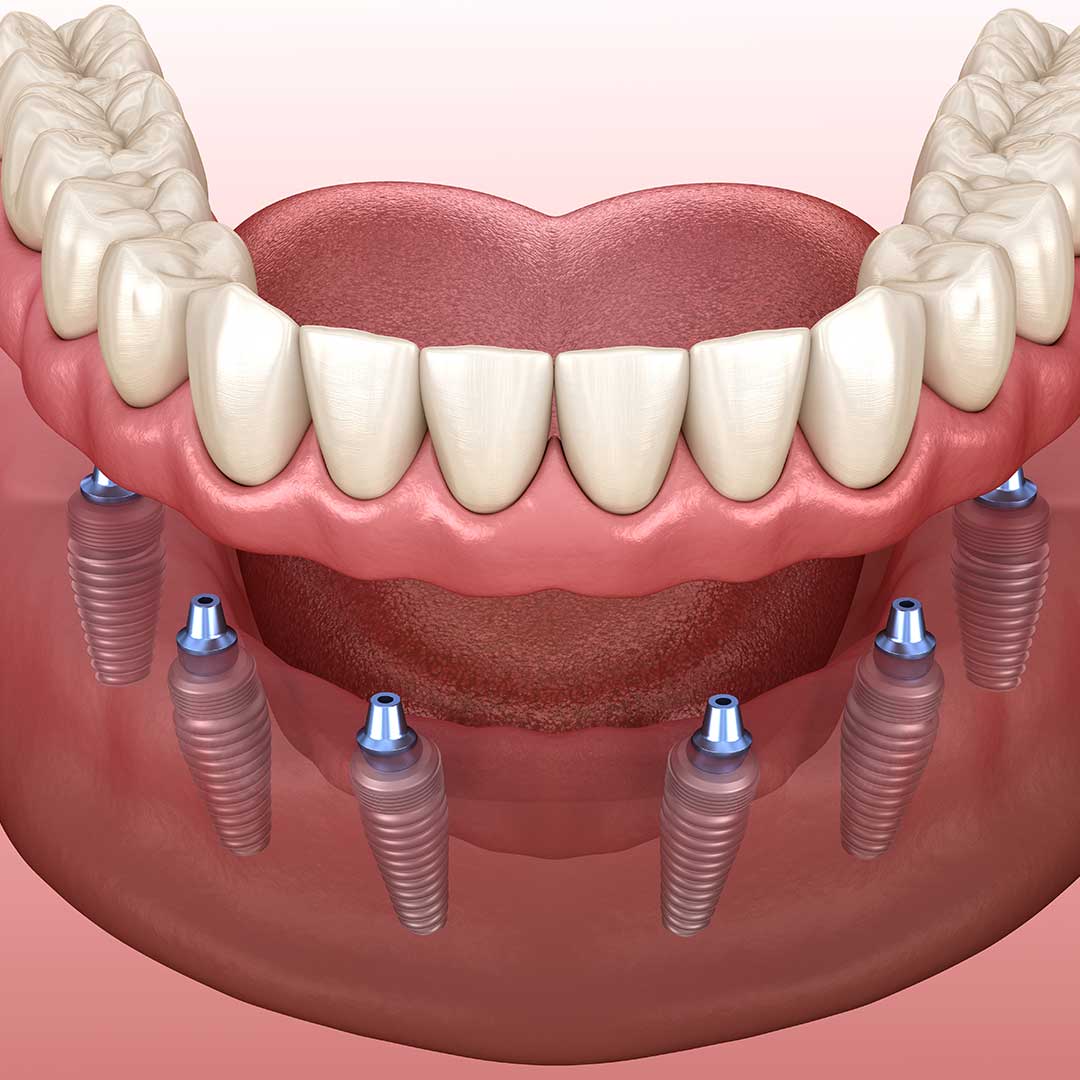All-on-4 in District 3
Search and Compare the Best Clinics and Doctors at the Lowest Prices for All-on-4 in District 3
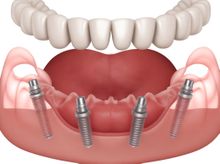








































































































































No Time?
Tell us what you're looking for and we'll reach out to the top clinics all at once
What does a All-on-4 Procedure Involve?
The All-on-4, more commonly known as the All-on-4 procedure, marks a milestone in dental implantation. This innovative method aims to replace several damaged or lost teeth by installing a full-arch dental prosthetic on four strategically positioned dental implants. These implants offer a sturdy foundation, effectively cutting down the complexities, risks, and lengths usually associated with traditional dental implant methods. To optimally make use of these improvements, one should consider consulting specialized clinics
During the All-on-4, local anesthesia is administered to the patient. The entire procedure is generally carried out within a day. Upon successful position, the implant securely fastens to the dental prosthetic resulting in an immediate impressive outcome. However, bear in mind that each case is unique hence the treatment specifics may differ.
How Long Should I Stay in District 3 for a All-on-4 Procedure?
The length of your stay in District 3 for a All-on-4 will depend on several factors including the complexity of your case and your individual healing process. However, typically, you will need to plan to stay anywhere between a week to two weeks. This time frame accommodates initial consultations, the procedure itself, and the necessary follow-up appointments.
While some clinics may suggest that the procedure can be completed in one appointment, it's crucial to allocate time for any pre-operative assessments or additional treatments that may be required, as well as for the immediate recovery period following the procedure. Always consult with your dental professional for a more personalized timeline.
How Long is the Recovery Time?
Post All-on-4, patients can generally expect a recovery period between a few days to a couple of weeks. This margin greatly varies based on individual healing capabilities and how well the post-operative care instructions are followed. During the initial days after the procedure, mild discomfort, minor bleeding, and swelling can be experienced, which is entirely normal. It's recommended to eat soft foods for a few days post-procedure to assist the healing process.
Good oral hygiene habits, such as regular brushing, flossing, and rinsing with an antibacterial mouthwash, are essential to prevent infections and promote healing. Remember, smoking or alcohol consumption can impede the healing process, so it's advised to refrain from such habits during the recovery period.
What sort of Aftercare is Required for All-on-4 Procedures in District 3?
Post-procedure for a All-on-4 can significantly affect recovery time as well as the long-term success of the treatment. This usually involves maintaining good oral hygiene habits like regular brushing and flossing. It's also crucial to rinse your mouth with an antibacterial wash to minimize the risk of infections and inflammation. The aftercare largely depends on the particular healing capabilities and medical conditions of each patient. For personalized aftercare plans, consider consulting your dental professional.
Routine dental check-ups are recommended to guarantee that the implants are functioning properly and to detect early complications signs. These appointments offer your dental professional the opportunity to thoroughly monitor your implants and prosthetics. Moreover, food control post-procedure can also aid the healing process.
What's the Success Rate of All-on-4 Procedures in District 3?
Decades of research and clinical studies have demonstrated impressively high success rates for All-on-4 procedures, average rates often ranging between 94.8% to 98.0% even after a decade post-procedure. These extraordinary outcomes rely significantly on the technique's unique methodology.
Keep in mind that success rates are also influenced by factors such as surgical technique, overall health, bone density, and the aftercare of implants. It is always imperative to engage in extensive discussions with your dentist regarding your individual circumstances before opting for the procedure.
Are there Alternatives to All-on-4 Procedures in District 3?
Yes, there indeed are alternatives to the All-on-4 available in District 3. Although the All-on-4 offers remarkable outcomes, it does not fit all scenarios, and sometimes alternatives may be better suited.
If for some reason you feel that All-on-4 is not the right dental procedure for you, your alternatives include G4 implants and traditional dentures. With G4 implants, patients can enjoy a similar implant-supported full-arch prosthetic like the one provided by the All-on-4, but G4 implants typically do a computer-guided implant placement for more precision.
Traditional dentures, another alternative, consist of a removable frame that carries a set of artificial teeth. These dentures get their support from the surrounding hard and soft tissues of the oral cavity. While they may be more budget-friendly, remember that they may not provide the same stability, comfort, or natural aesthetic of All-on-4 or G4 implants. Regardless, the best treatment option should always be made in consultation with a dental professional considering your specific needs, medical history, and budget.
What is the Cost of a All-on-4 in District 3?
The price of the All-on-4 varies widely and is influenced by various factors. On a general scale, the price usually includes dental check-ups, anesthesia, surgical placement of the implants, as well as the creation and placement of the dental prosthetic. However, the cost might differ among various clinics in District 3, largely based on the experience of their teams and the facilities they hold.
Remember that choosing a cheaper clinic might not always be the best decision for you. Choose a clinic that prioritizes offering superior service with their highly skilled professionals. Ask for a comprehensive cost breakdown from different *Clinics* before finalizing your choice.
What are the Possible Risks and Side-Effects of the All-on-4?
Although the All-on-4 comes with fewer complications, as is the case with any surgical procedure, it can carry a few possible risks and side effects. Minor discomfort, swelling, and bruising are relatively common post-procedure and are usually manageable with over-the-counter painkillers. They should subside within a few days. There are potentially more severe issues like infections around the implant site, nerve damage, and sinus complications with implants placed in the upper jaw.
However, these are quite uncommon. An improperly carried out procedure can cause the implants not to fuse with the bone or become loose, and certain lifestyle habits or medical conditions can increase complications or implant failure.
This information has been accurately sourced and verified by a medical professional for its accuracy, however, we strongly recommend you to consult with your doctor before pursuing medical procedures overseas.
